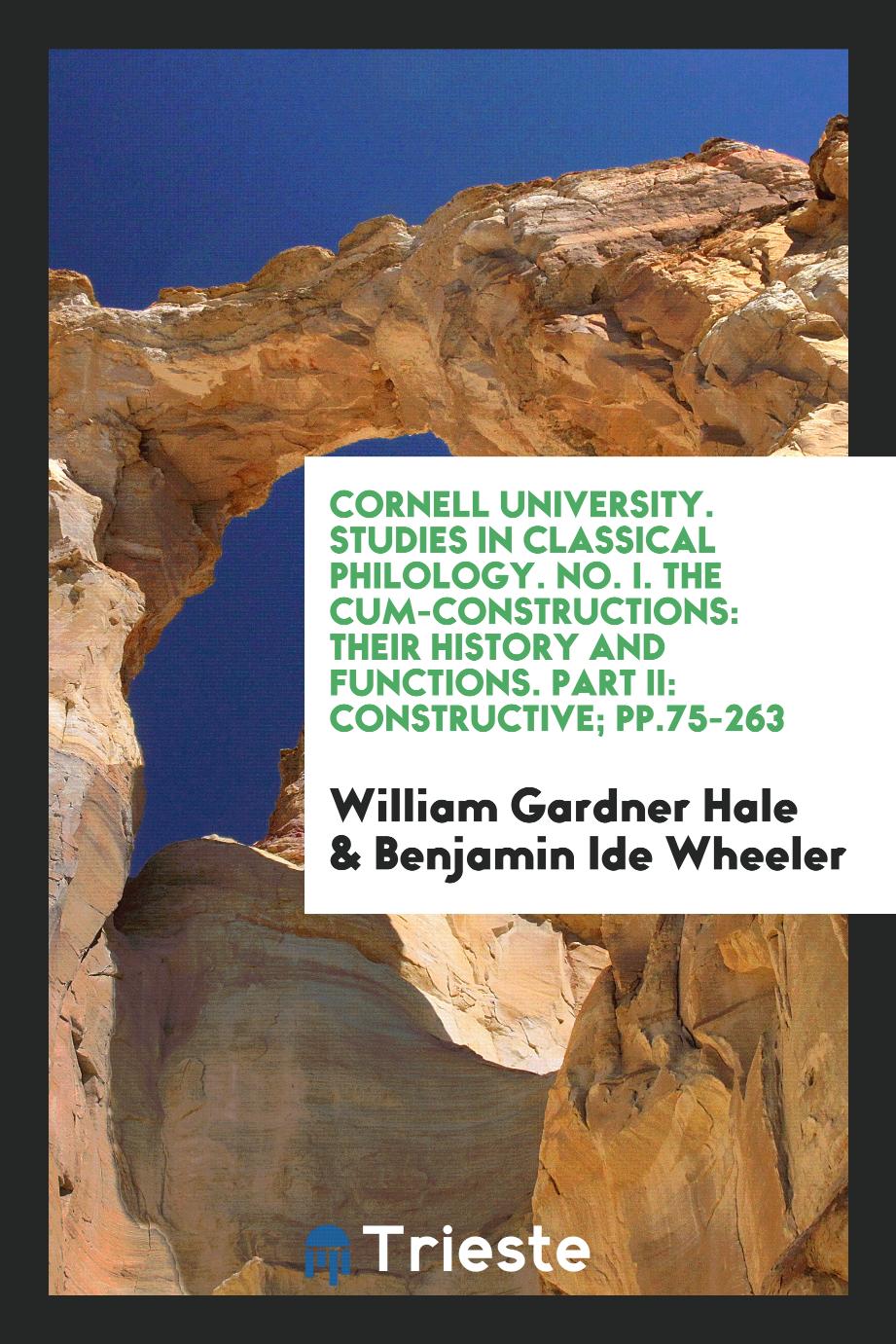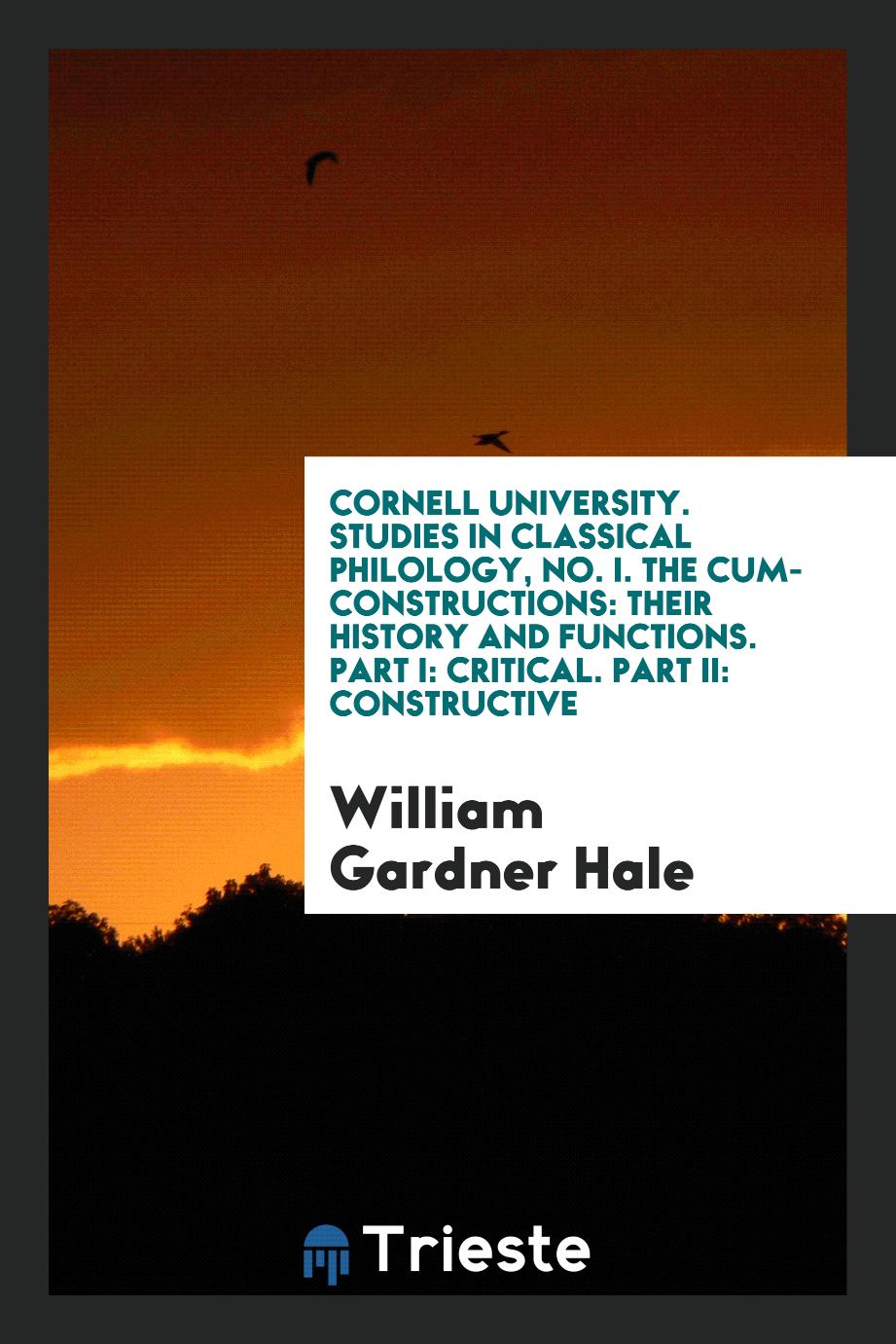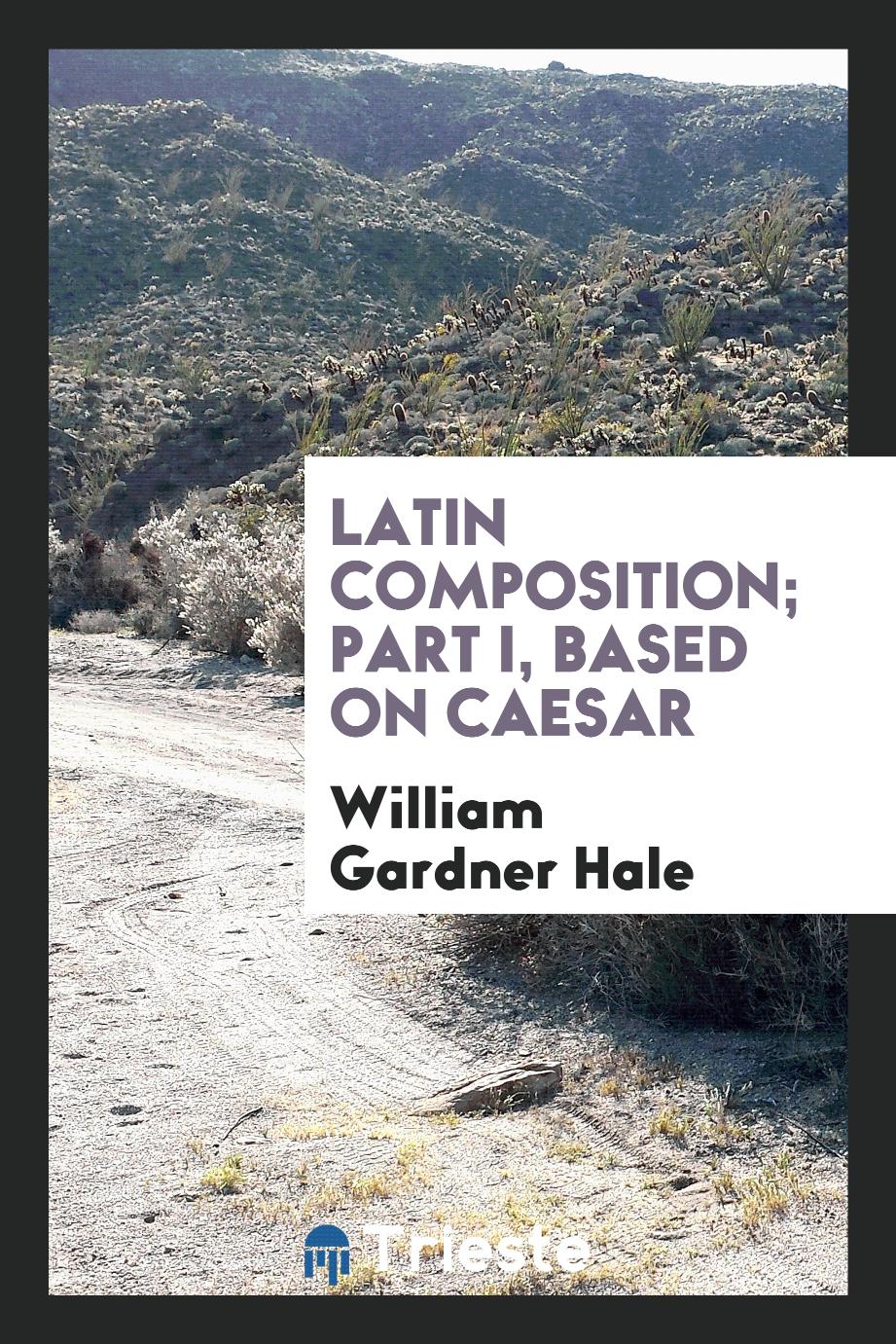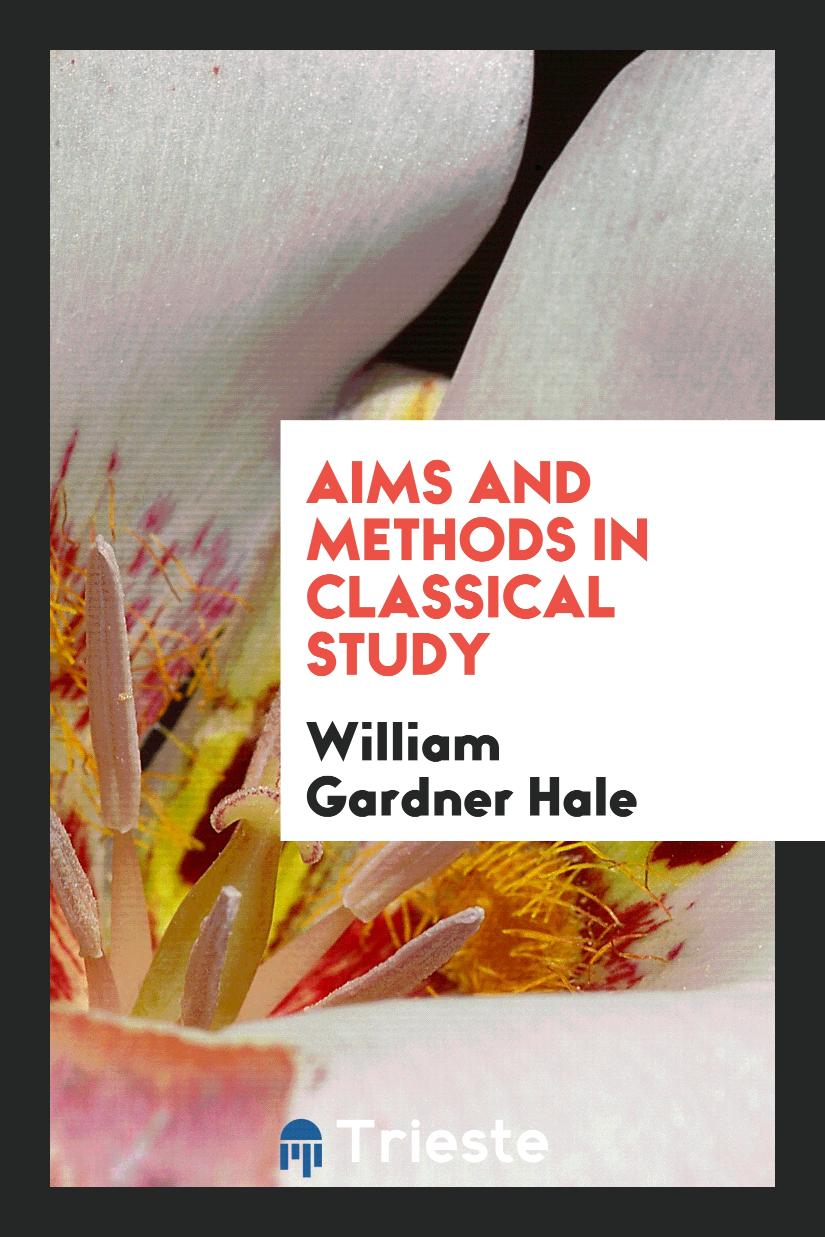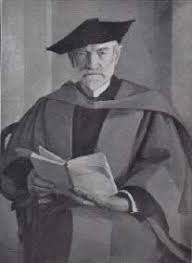
William Gardner Hale
William Gardner Hale (February 9, 1849 - June 23, 1928), an American classic scholar, was born in Savannah, Georgia, into a family in New England. Hale was a graduate of the Phillips Exeter Academy. He graduated from Harvard University in 1870 and in 1874-1876 studied there in graduate school in philosophy; studied classical philology in Leipzig and Göttingen in 1876-1877; from 1877 to 1880 he taught Latin at Harvard, and from 1880 to 1892 he became a professor of Latin at Cornell University, and then became a professor of Latin and the head of the Latin department at the University of Chicago. From 1894 to 1899 he was the chairman, and in 1895-1896 the first director of the American School of Classical Studies in Rome. Hale received honorary degrees at the universities of Princeton, St Andrews and Aberdeen. He is best known as the original syntax teacher. In Constructs: Their History and Functions, which appeared in Cornell University's studies on classical philology (1888-1889; in the German version of Neisert in 1891), he criticized the Hoffmann distinction between absolute and relative temporal sentences, published in Lateinische Zeitpartikeln. (1874); Hoffman responded in 1891, and Wetzel's Der Streit zwischen Hoffmann und Hale (1892) provides the best account of the contradiction. Hale also wrote a sequence of tenses in Latin (1887-1888), a preemptive subjunctive in Greek and Latin (1894), and Latin grammar (1903), in which Karl introduced parts about sounds, inflections, and word formation. Dear Buck. After the foundation of the American School of Classical Studies in Rome in 1905-06, Professor Hale served as director and then chairman of the board of directors. Returning to Chicago, Hale was editor of The Classic Quarterly in 1914. He continued his studies and left the university in 1920, for the next eight years conducting research on the manuscript of Catullus, which he discovered in Rome in 1896.
